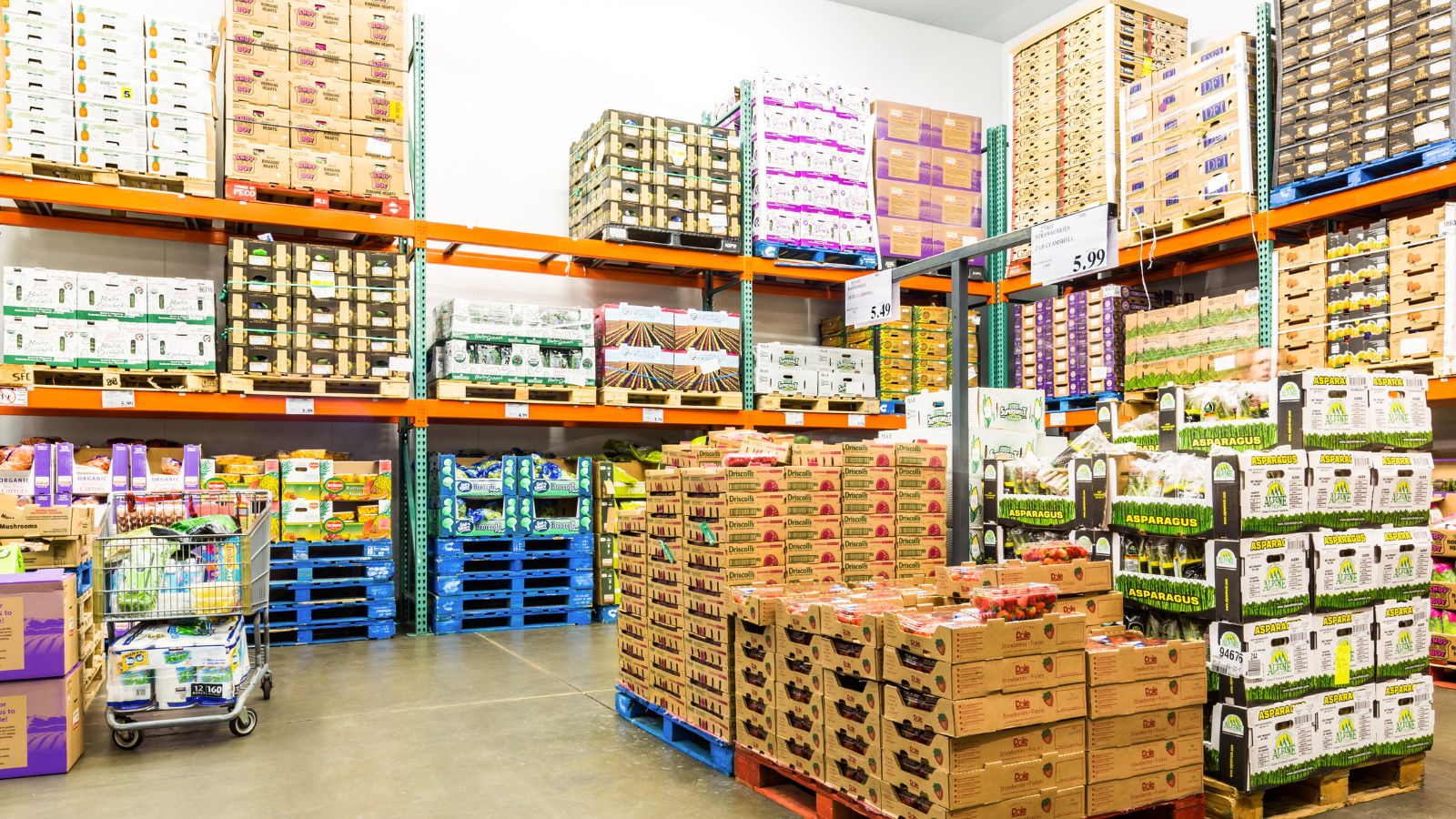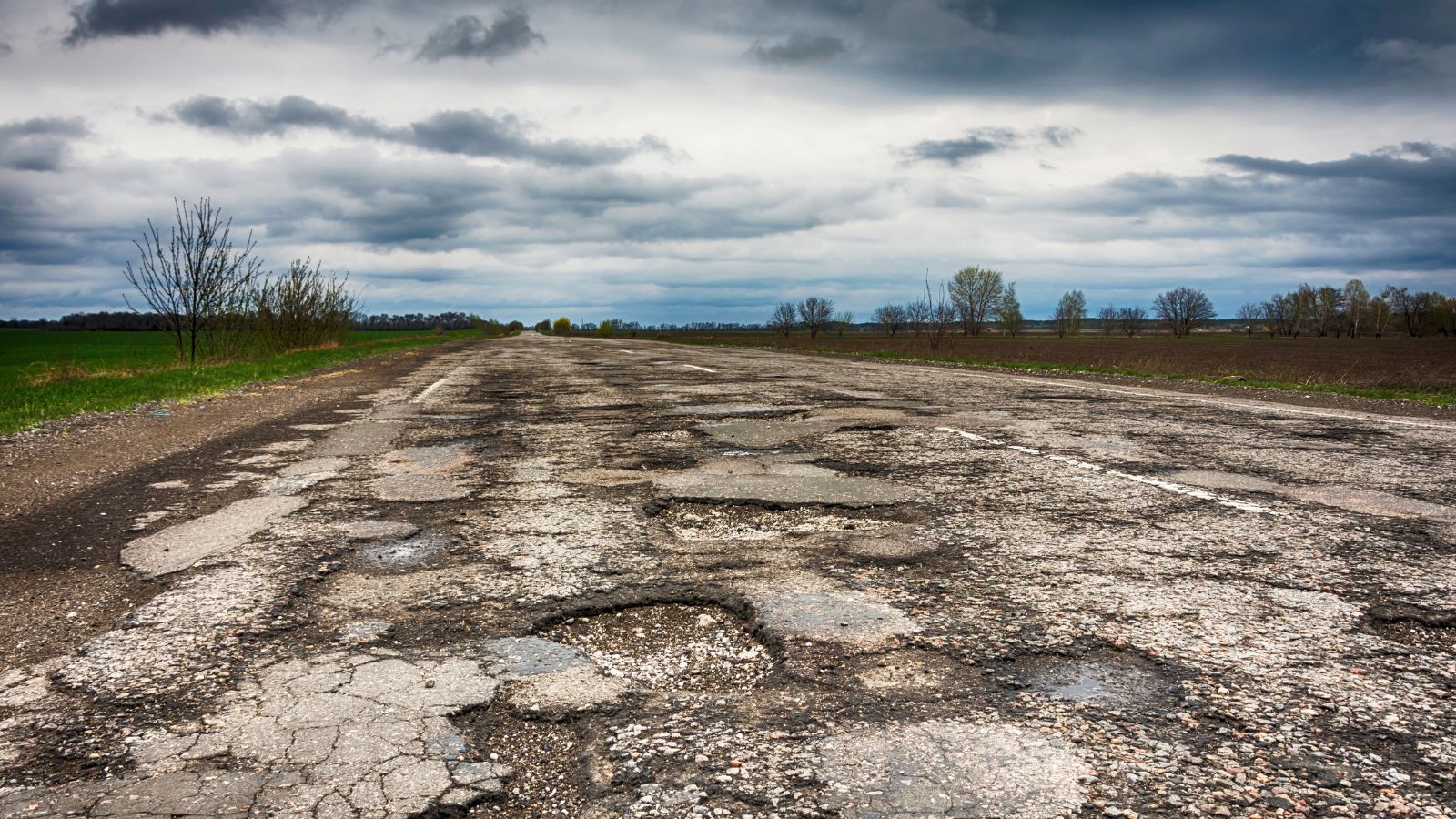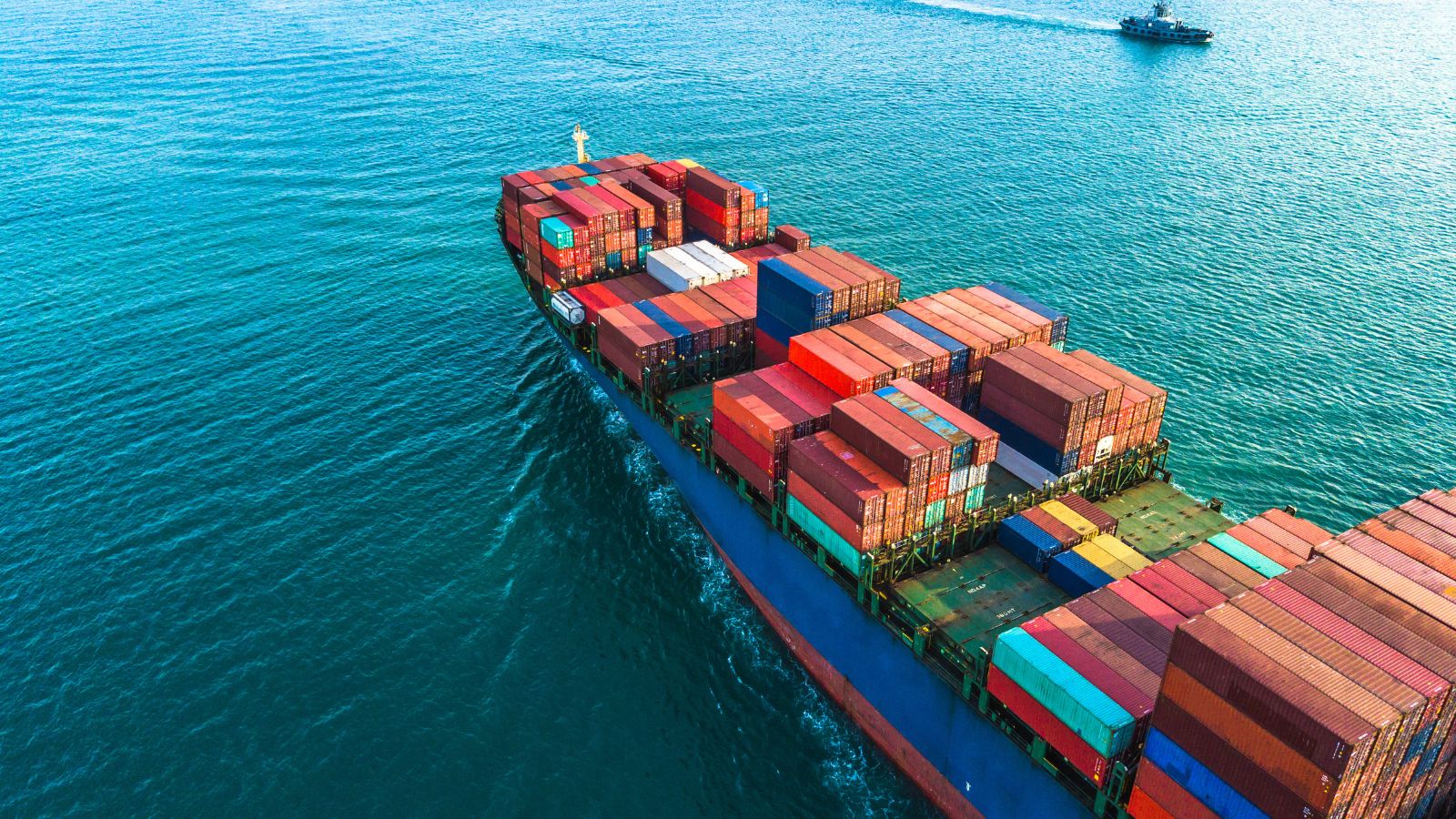The UK economy has been through some tough times recently, facing a myriad of challenges that have left many wondering what’s going on. While economic ups and downs are not unusual, the current situation feels particularly complicated. Here are the 18 reasons behind the UK’s economic struggles.
Brexit Uncertainty

According to the Bank of England, Brexit has “made some firms and households more pessimistic.” This uncertainty has made businesses wary of investing and expanding while also disrupting established supply chains. Many companies have had to navigate new regulations, tariffs, and the potential loss of skilled workers.
COVID-19 Pandemic

The COVID-19 pandemic brought the UK’s economy to a standstill. Lockdowns and restrictions led to a sharp drop in consumer spending, business closures, and job losses. Even with government support measures like furlough schemes, many businesses couldn’t survive—and the ripple effects are still being felt.
Energy Crisis

Britain is also grappling with an energy crisis driven by soaring gas prices and supply shortages. Households and businesses are facing significantly higher energy bills, which reduces disposable income and increases operating costs. This energy squeeze is putting additional pressure on an already fragile economy.
Inflation Surge

Inflation in the UK has surged to levels not seen in decades. The cost of living has risen sharply, with essentials like food, fuel, and housing becoming more expensive. Wage growth has not kept pace with inflation, leading to a squeeze on household budgets.
Supply Chain Disruptions

Global supply chain disruptions have hit the UK hard, with factors like the COVID-19 pandemic, Brexit, and geopolitical tensions causing delays and shortages of goods. Industries ranging from manufacturing to retail have struggled to get the materials and products they need, leading to production halts.
Labour Shortages

There are significant labour shortages in various sectors, including hospitality, healthcare, and logistics. Brexit has contributed to this by reducing the number of EU workers available. Additionally, the pandemic led to a reevaluation of work-life balance for many, causing shifts in employment patterns.
Property Market Imbalance

The UK’s property market has seen rapid price increases, making home ownership unaffordable for many. High property prices are not only a barrier for first-time buyers but also contribute to increased living costs for renters. This imbalance has broader economic implications, as high housing costs limit disposable income.
Public Sector Debt

Public sector debt has soared due to extensive borrowing to support the economy during the pandemic. While necessary to prevent a deeper recession, this high level of debt now poses challenges for future government spending, and managing this debt while trying to stimulate economic growth and maintain public services is a delicate balancing act.
Weak Productivity Growth

Productivity growth in the UK has been sluggish for years. This means that output per worker is not increasing at a desirable rate, which limits overall economic growth. Factors such as outdated infrastructure, insufficient investment in technology, and a lack of skills training contribute to this problem.
Trade Barriers

Post-Brexit trade barriers with the EU, the UK’s largest trading partner, have created significant challenges. New customs checks, regulatory divergence, and tariffs have increased the cost and complexity of exporting and importing goods. These barriers have led to reduced trade volumes, higher costs for businesses, and disruptions to supply chains.
Investment Hesitation

Political and economic uncertainty in the UK has also made investors hesitant. Businesses are cautious about making long-term investments, which are crucial for innovation and growth. Companies are less likely to invest in new projects without confidence in a stable and prosperous future.
Consumer Confidence Drop

Consumer confidence in the country has also taken a hit due to ongoing economic challenges. When people are uncertain about their financial future, they tend to cut back on spending. This reduction in consumer spending affects businesses across all sectors, leading to slower economic growth.
Currency Fluctuations

The value of the British pound has been volatile in recent years, influenced by Brexit developments and global economic conditions. A weaker pound makes imports more expensive, contributing to inflation. On the other hand, it can make UK exports cheaper, but this benefit is often outweighed by the higher costs of imported goods and materials.
Financial Sector Uncertainty

The UK’s financial sector, a significant part of the economy, faces uncertainty post-Brexit, as many financial firms have relocated operations to the EU to maintain access to European markets. This shift reduces the UK’s financial services exports and impacts employment in the sector.
Climate Change Adaptation

Adapting to climate change and transitioning to a green economy presents both challenges and opportunities for the UK. The costs of transitioning to renewable energy, upgrading infrastructure, and meeting environmental targets are substantial. While necessary for long-term sustainability, these costs can strain the economy in the short term if not managed effectively.
Technological Lag

The UK is facing a technological lag in certain areas, particularly in digital infrastructure and innovation. Insufficient investment in technology and digital skills development hampers competitiveness in a rapidly changing global market. Therefore, bridging this technological gap is essential for enhancing economic resilience.
Healthcare System Pressures

Economic implications also arise from the National Health Service (NHS) being under significant pressure. High demand, funding constraints, and workforce shortages impact the quality of healthcare services. A well-functioning healthcare system is vital for a productive workforce.
Education System Challenges

The UK’s education system also faces challenges in preparing students for the future job market, with skills gaps, outdated curricula, and underfunding among the issues that need addressing. Investing in education is key to a prosperous economic future.







